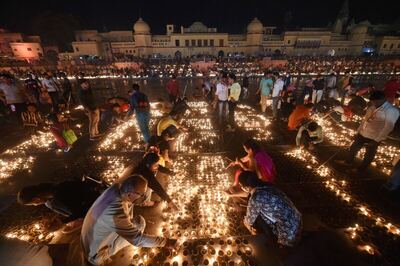
views
MOSCOW: The Russian military on Thursday blamed the U.S. troops for a collision of Russian and U.S. military vehicles in Syria’s northeast.
U.S. officials said Wednesday that a Russian vehicle sideswiped a light-armored U.S. military vehicle, injuring four Americans, while two Russian helicopters flew overhead, one as close as 20 meters (70 feet) from the U.S. vehicle.
U.S. National Security Council spokesman John Ullyot said in a statement that a Russian vehicle struck the American vehicle near Dayrick, in northeast Syria. He blamed the Russian military for unsafe and unprofessional actions” that breached deconfliction protocols between the two countries.
In Thursday’s statement, the Russian Defense Ministry said Gen. Valery Gerasimov, chief of the Russian military’s General Staff, had a phone call Wednesday with Gen. Mark Milley, chairman of the U.S. Joint Chiefs of Staff, to discuss the incident.
In the call, Gerasimov pointed out that the Russian military had notified the U.S.-led coalition about the route of a Russian military police convoy.
Despite that, in violation of the existing agreements, the U.S. troops attempted to block the Russian patrol, the ministry said in a statement. In response to that, the Russian military police took the necessary measures to prevent an incident and to continue the fulfillment of their task.
Russia, which has waged a military campaign in Syria that helped President Bashar Assad reclaim control over most of the country following a devastating civil war, long has bristled at the presence of the U.S. troops deployed in the country to fight the Islamic State group and have called for their pullout.
While there have been several other recent incidents between the American and Russian troops who patrol eastern Syria, U.S. officials described the latest incident as the most serious one. U.S. troops are usually accompanied by members of the U.S.-backed Syrian Democratic Forces.
The U.S. and Russia have deconfliction protocols to prevent collisions and other incidents and their military commanders have frequent conversations to try to avoid contact between their troops there.
Disclaimer: This post has been auto-published from an agency feed without any modifications to the text and has not been reviewed by an editor


















Comments
0 comment